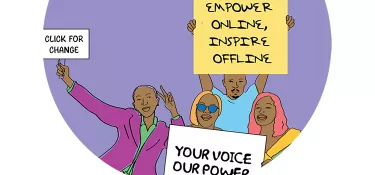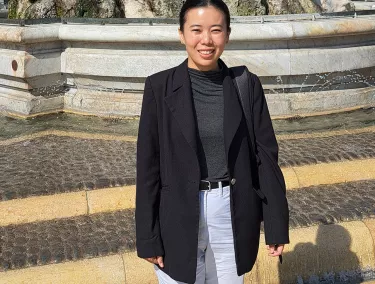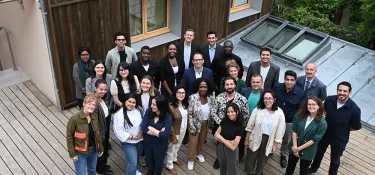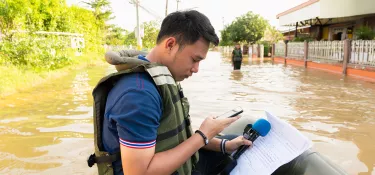Latest news
Recent information about projects in the field
Central Asian talent at FIPADOC: building connections and telling today’s true stories togethe...
As part of the International Documentary Festival (FIPADOC) in Biarritz (23–31 January 2026), CFI invited four female directors from Central Asia to participate in meetings of sector professionals and present their film projects to producers during...
Afri'Kibaaru 2: journalists on the ground to better understand the consequences of climate chan...
Twenty journalists were able to learn more about the effects of climate change through field visits as part of four press trips to Guinea, Cameroon, Senegal, and Côte d’Ivoire.
The end of the Media for One health project!
The Media for One health project officially ended in December 2025. At the end of the 30-month project, CFI strengthened the skills of 18 media outlets in South-east Asia (Laos, Cambodia, Vietnam and the Philippines) to better produce and disseminate...
Tri Febriana E.S. Wijaya: Arguing the case for nature
In Indonesia, Tri Febriana E.S. Wijaya, 41, is a producer for national TV. She produces educational reports using a variety of tools to inform the public about the dramatic consequences of deforestation, always with a smile.
Communities
Find out about the backgrounds of our journalists and members of our community

Filipino journalist from GMA News.
It's a small community that needs a boost to cover more topics.

A Cambodian journalist who has just turned 24.
Our health is linked to our surroundings.

Laotian journalist.
Good human health, good animal health and a healthy environment are essential for creating a sustainable world.
Our projects
Recent information about projects in the field

Investigation Lebanon
Support for investigative journalism in Lebanon to achieve greater transparency in public institutions and push back against corruption

Digitalise Youth
Raising awareness among young people and developing their skills in the face of online disinformation
We act for
- Defend freedom of information
- Protect the environment
- Promote equality between women and men
Our Statement of Principles
FREEDOM
CFI asserts its unwavering commitment to freedom of expression and the freedom of the media, as well as to the fundamental freedoms underpin the democratic balance of a society
SUSTAINABILITY
CFI conducts all of its actions with a constant focus on sustainability
DIALOGUE
CFI promotes a culture of exchange, dialogue and sharing of good practices between the media community including regulatory bodies and public authorities
PLURALISM
CFI supports and defends media pluralism by guaranteeing the diversity of content and opinions

Find out more about CFI values


